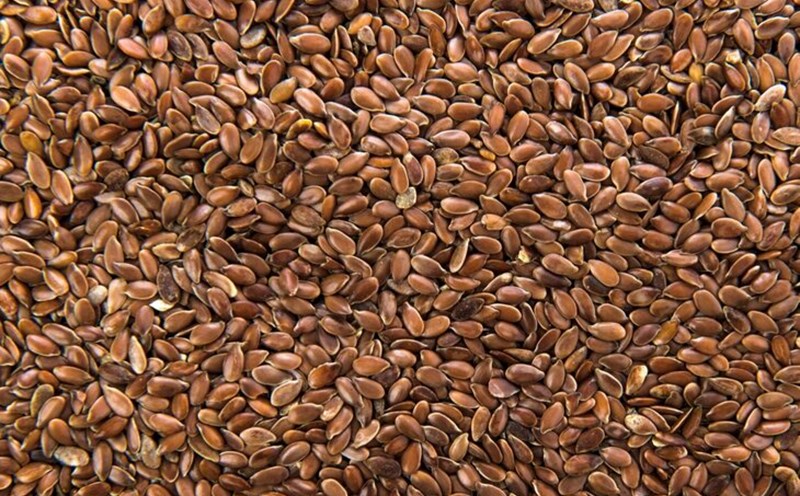Omega-3 is considered one of the essential nutrients for heart, brain and immune system health. Although fatty fish such as salmon and mackerel are known as the main sources of the two most important sources of omega-3s EPA and DHA, not everyone can eat or likes to eat fish. The good news is that some familiar plant foods contain ALA (Alpha-Linolenic Acid), another form of omega-3, higher than fish and can be an ideal alternative.
Although the body only converts a part of ALA to EPA and DHA, when used regularly in the diet, plant sources can still provide significant omega-3s, especially for vegetarians or seafood allergy sufferers, says nutritionist Melissa Nieves, currently working at Centro Medico Episcopal San Lucas in Ponce, Puerto Rico.
Here are 4 foods richer in omega-3 than fish in each serving:
Flaxseeds
With just one tablespoon of ground flaxseed, you can get about 2.35g ALA, while flaxseed oil can provide up to 7.26g ALA, which is superior to most fish. In addition to omega-3, flaxseeds are rich in fiber and magnesium, which are good for digestion and blood sugar control.
Chia seeds
A 28g (about 2 tablespoons) serving of chia seeds contains 5.06g ALA. Chia seeds can be eaten directly, soaked in water, mixed with smoothies or made into salads, easily combined with daily meals without the need for grinding or pressing like flaxseeds.
Walnuts
Considered the king of heart-healthy nuts, walnuts contain 2.57g ALA per 28g (about 14 half nuts). In addition to omega-3, they also provide antioxidants, plant protein and healthy fats.
Soybean oil
A spoonful of soybean oil can provide nearly 0.92g ALA. This is a popular cooking oil in many kitchens, and can be used in cooking or as a sauce for salads.
Who should prioritize plant-based omega-3 sources?
Melissa Nieves recommends that vegetarians, fish allergies, pregnant women or concerns about mercury in seafood can switch to plant-based omega-3 sources. However, because the body's ability to convert ALA into EPA and DHA is quite limited, some people may need to supplement with functional foods extracted from algae, the only source of vegan omega-3 that directly provide DHA and EPA.
Notes when supplementing omega-3
Whether it comes from food or tablets, omega-3 can interact with anticoagulants. People who are taking medications such as warfarin should consult a doctor before supplementing to ensure safety.
Fish is still an ideal source of EPA and DHA, but if you are on a vegetarian diet or don't like fish, flaxseeds, chia seeds, walnuts and soybean oil are healthy alternatives, rich in omega-3, support a healthy heart, good brain and flexible joints.











